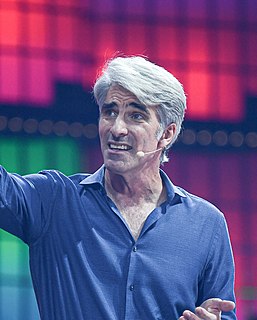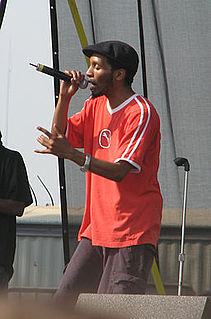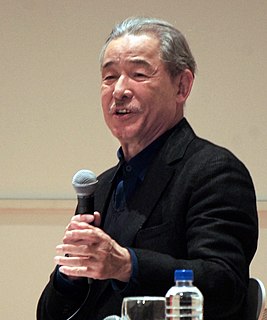A Quote by Jenna Wortham
Artists' obsessions with technology are not new, but in the late aughts, the work tended to focus on the possibility of the medium, treating technology like a new tool rather than a sociopolitical framework.
Quote Topics
Related Quotes
The most revolutionary aspect of technology is its mobility. Anybody can learn it. It jumps easily over barriers of race and language. ... The new technology of microchips and computer software is learned much faster than the old technology of coal and iron. It took three generations of misery for the older industrial countries to master the technology of coal and iron. The new industrial countries of East Asia, South Korea, and Singapore and Taiwan, mastered the new technology and made the jump from poverty to wealth in a single generation.
This is the same problem I have with digital photography. The potential is always remarkable. But the medium never settles. Each year there is a better camera to buy and new software to download. The user never has time to become comfortable with the tool. Consequently too much of the work is merely about the technology. The HDR and QTVR fads are good examples. Instead of focusing on the subject, users obsess over RAW conversion, Photoshop plug-ins, and on and on. For good work to develop the technology needs to become as stable and functional as a typewriter.
It's easy to fall into the trap of assuming that a new technology is very similar to its predecessors. A new technology is often perceived as the linear extension of the previous one, and this leads us to believe the new technology will fill the same roles - just a little faster or a little smaller or a little lighter.
Hip hop is just a reflection of what's going on, or where the art is....Technology definitely gives artists a new mind, new voice and creativity. Right now people need to be more places at once....so whatever can get people to the next level to be efficient is how technology is going to be used......The danger is if people are relying too much on the machines, that new mind and new voice always has to come from within.
I have always been interested in conducting research that yielded new methods by which to make cloth, and in developing new materials that combine craftsmanship and new technology. But the most important thing for me is to show that, ultimately, technology is not the most important tool; it is our brains, our thoughts, our hands, our bodies, which express the most essential things.
People always think of technology as something having silicon in it. But a pencil is technology. Any language is technology. Technology is a tool we use to accomplish a particular task and when one talks about appropriate technology in developing countries, appropriate may mean anything from fire to solar electricity.
The over-all point is that new technology will not necessarily replace old technology, but it will date it. By definition. Eventually, it will replace it. But it's like people who had black-and-white TVs when color came out. They eventually decided whether or not the new technology was worth the investment.
If you view computer designers as artists, they're really into more of an art form that can be mass-produced, like records, or like prints, than they are into fine arts. They want something where they can express themselves to a large number of people through their medium, and their medium is technology and manufacturing.
































